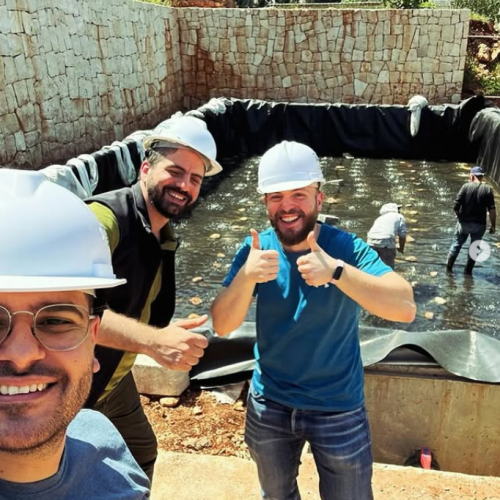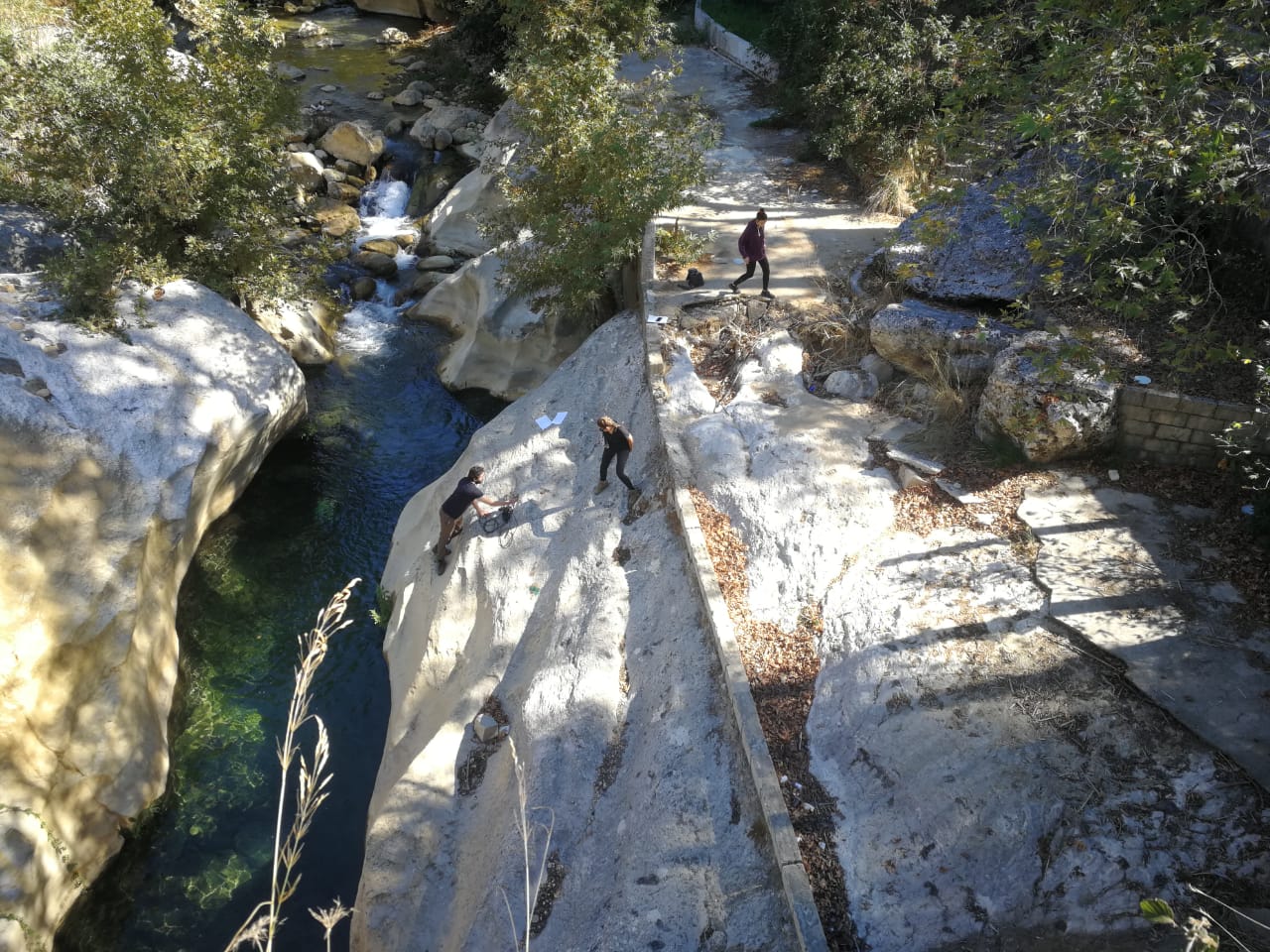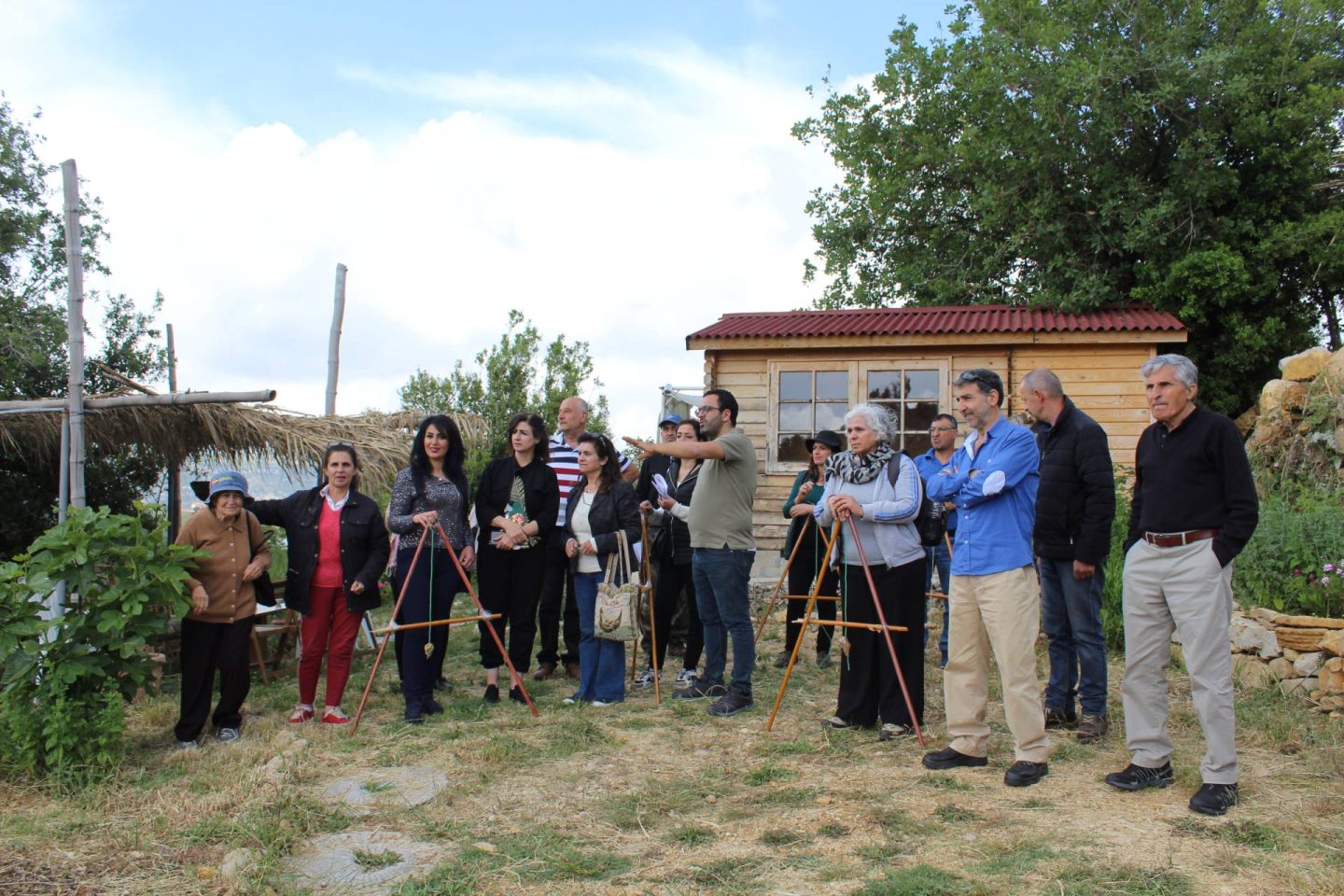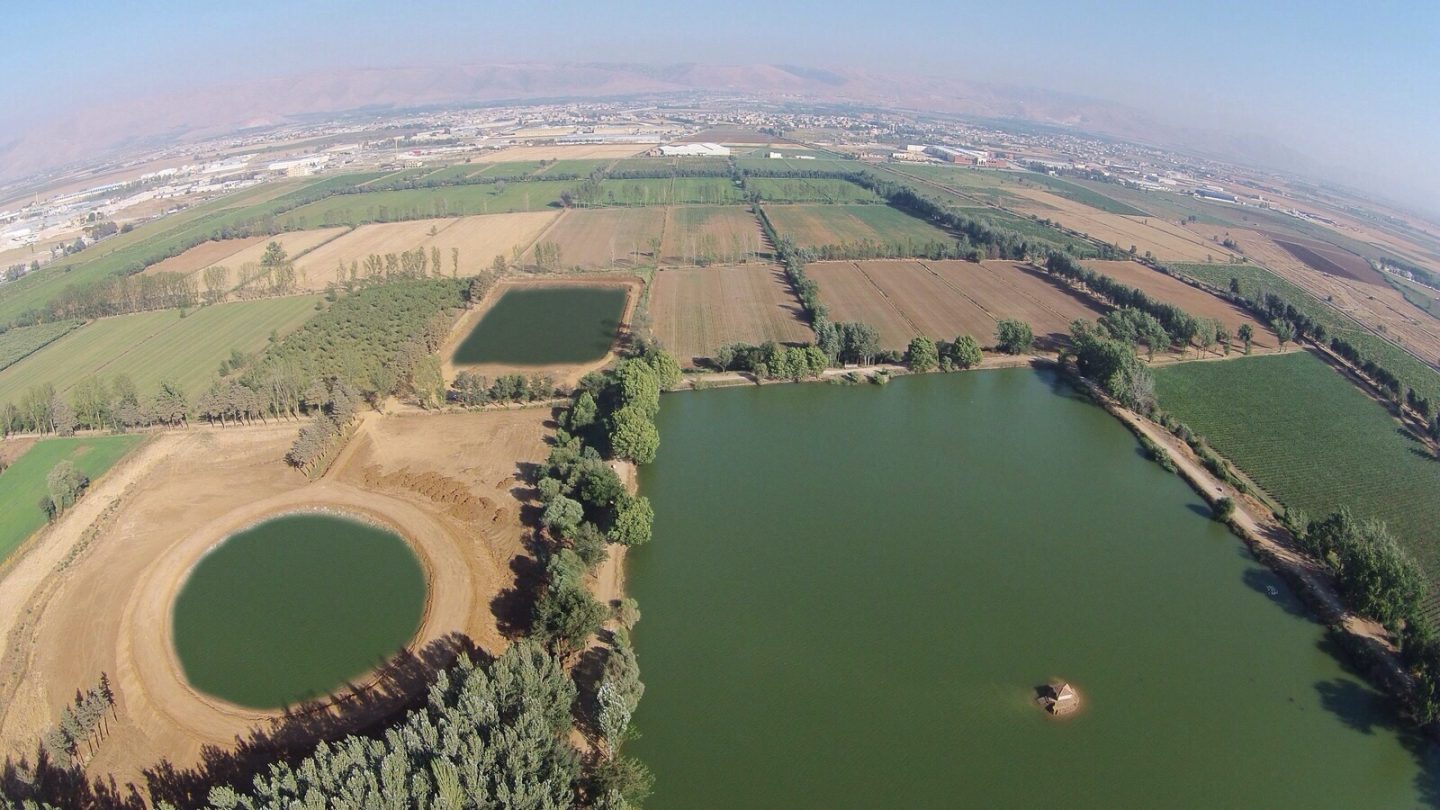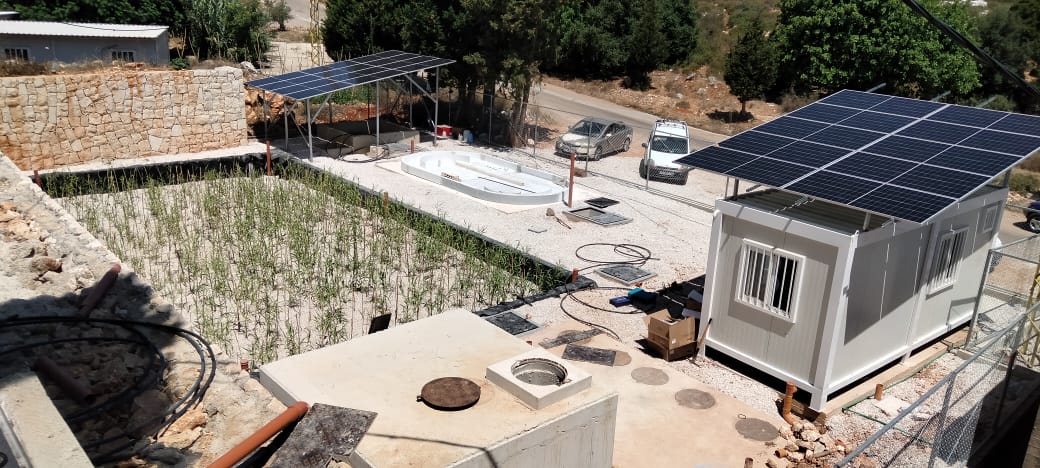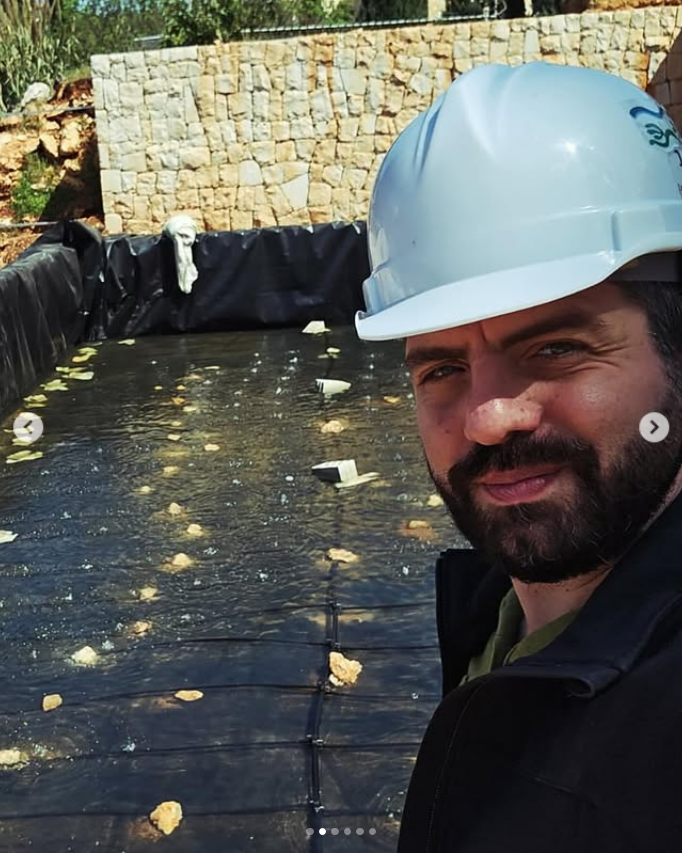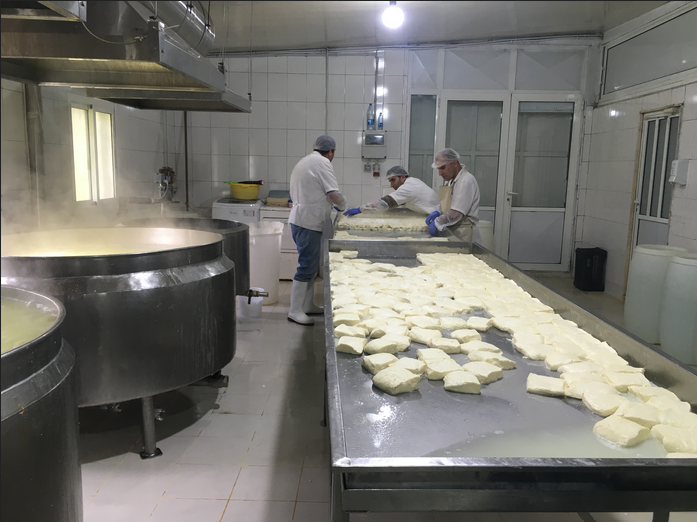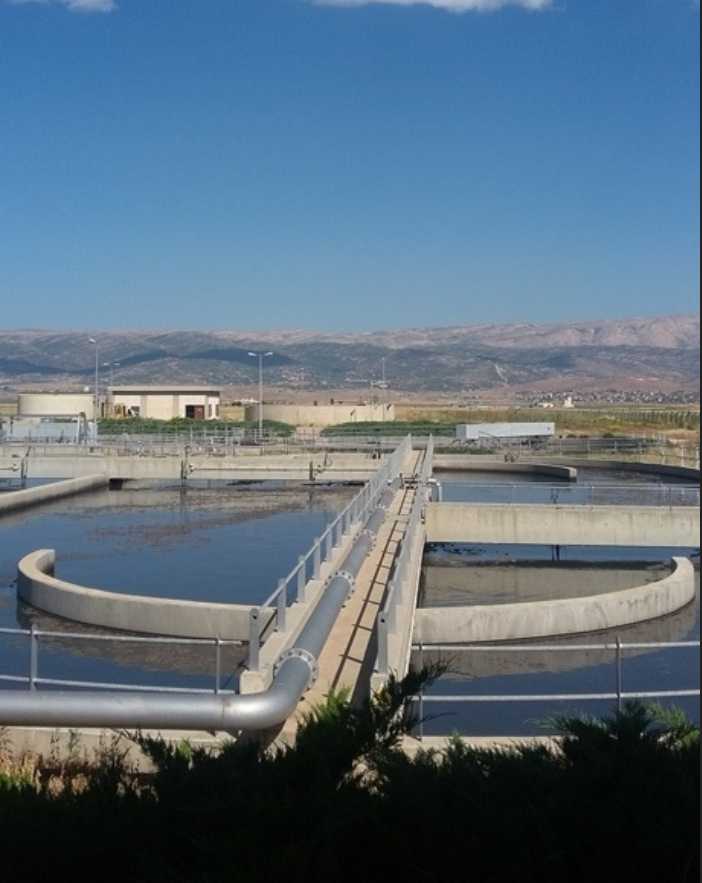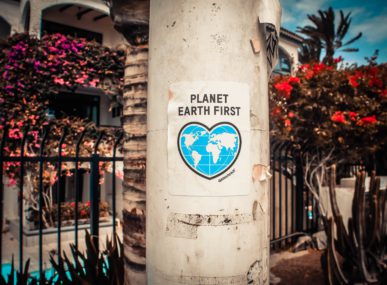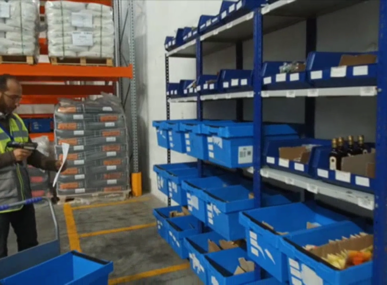In 2024, Difaf has already achieved a 10-year milestone, navigating catastrophes and pushing for hope in a new Lebanon under a clear motto: assess, design, and restore. Beyond its involvement in large-scale consortium projects across the Mediterranean, Difaf is now consulted at the national level; providing assistance to the EU on all environmental projects funded in Lebanon for the agriculture, water /wastewater, solid waste, and energy sectors in Lebanon.
The true value of the enterprise lies in its dual identity as a social and technical agency, always tailoring projects from the ground-up. “We adopt bottom up approach in designing sustainable solutions, and not purely top-down as commonly practiced. Therefore we focus on decentralized build up of net positive impact on local levels and natural systems,” Hawwa stated.
The company’s services range from field assessments, feasibility studies, and the delivery of complete turnkey solutions targeting sectors with the largest environmental impact.
